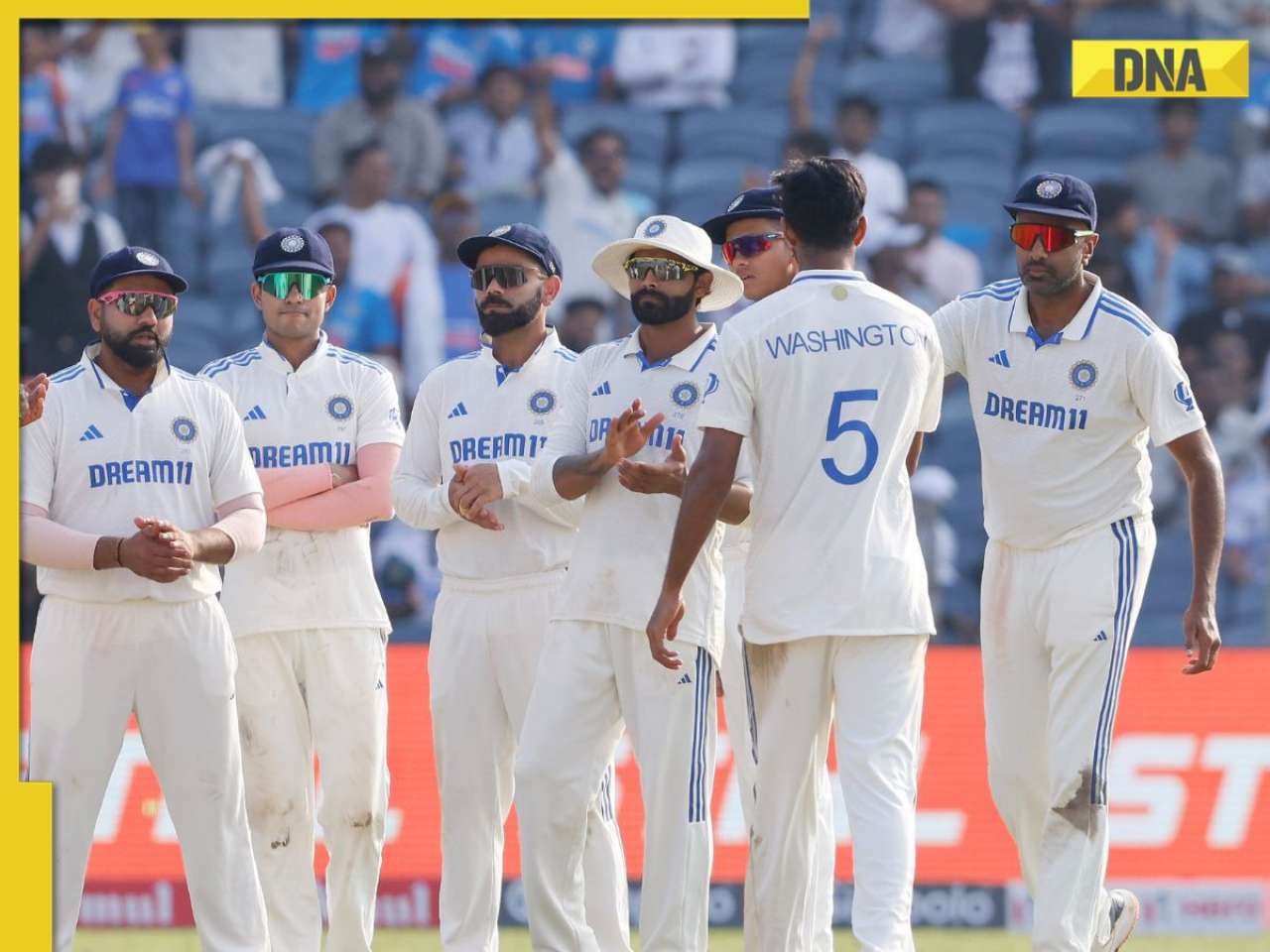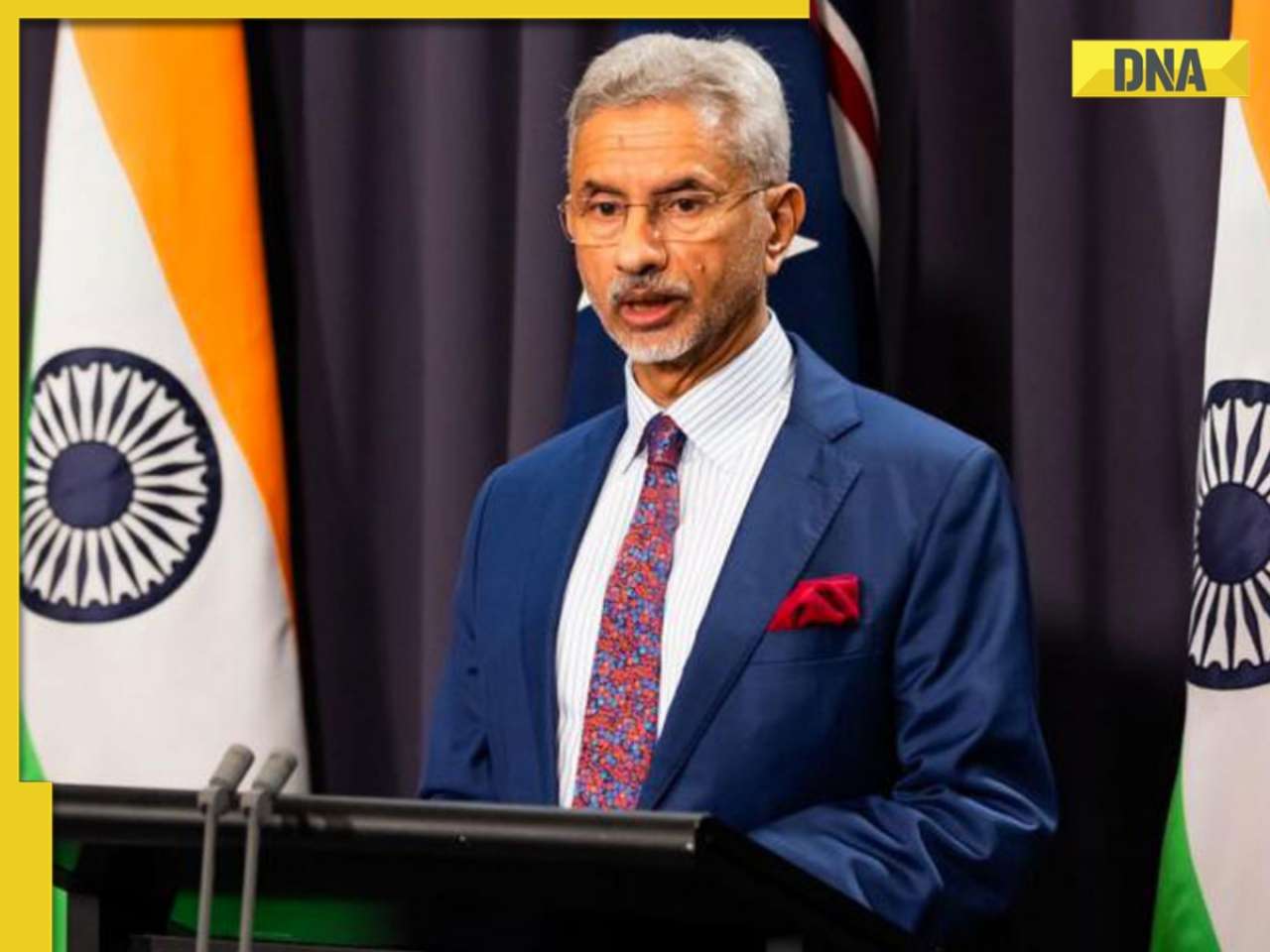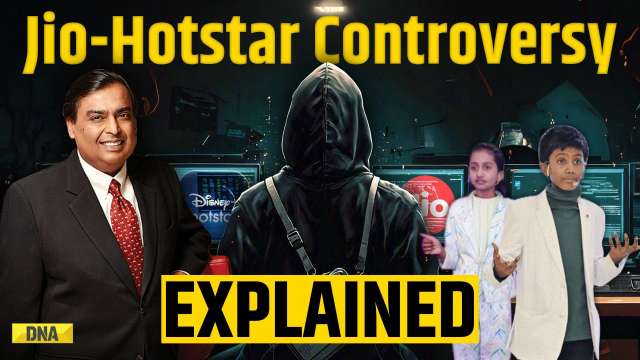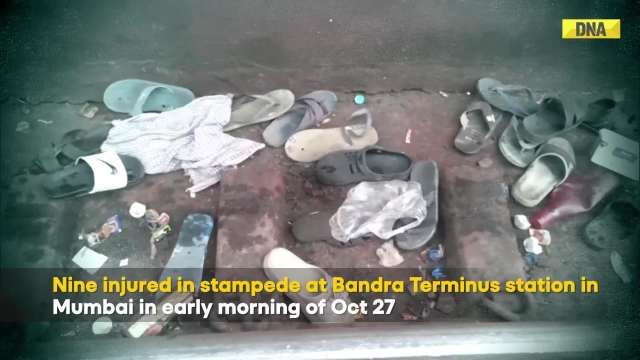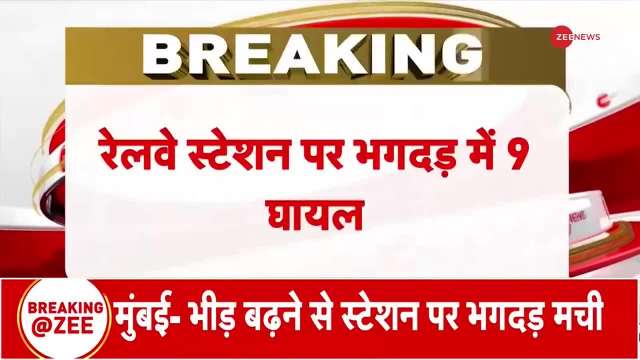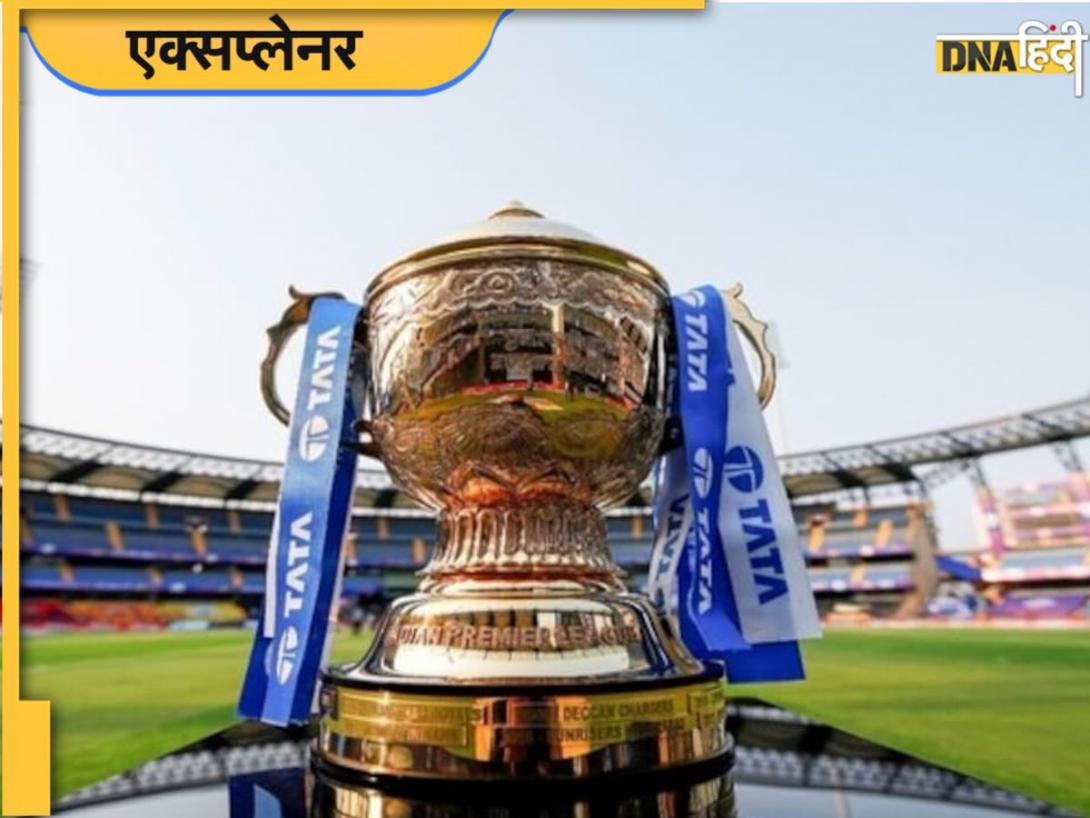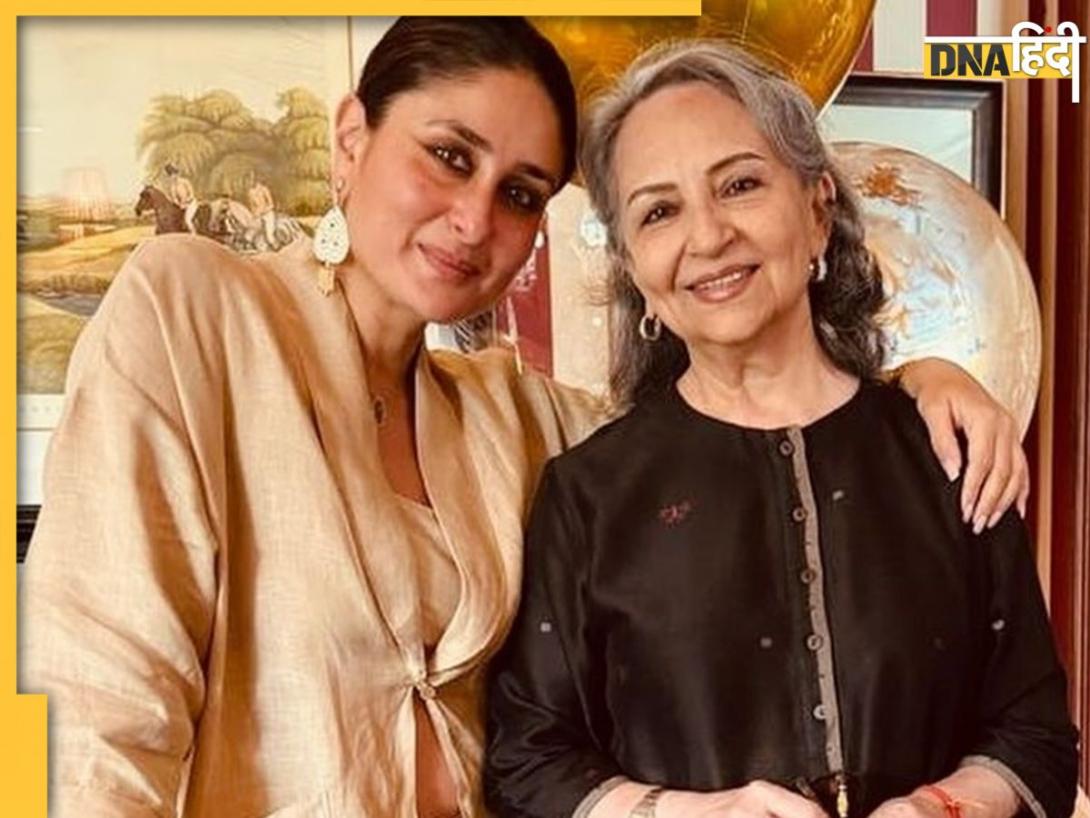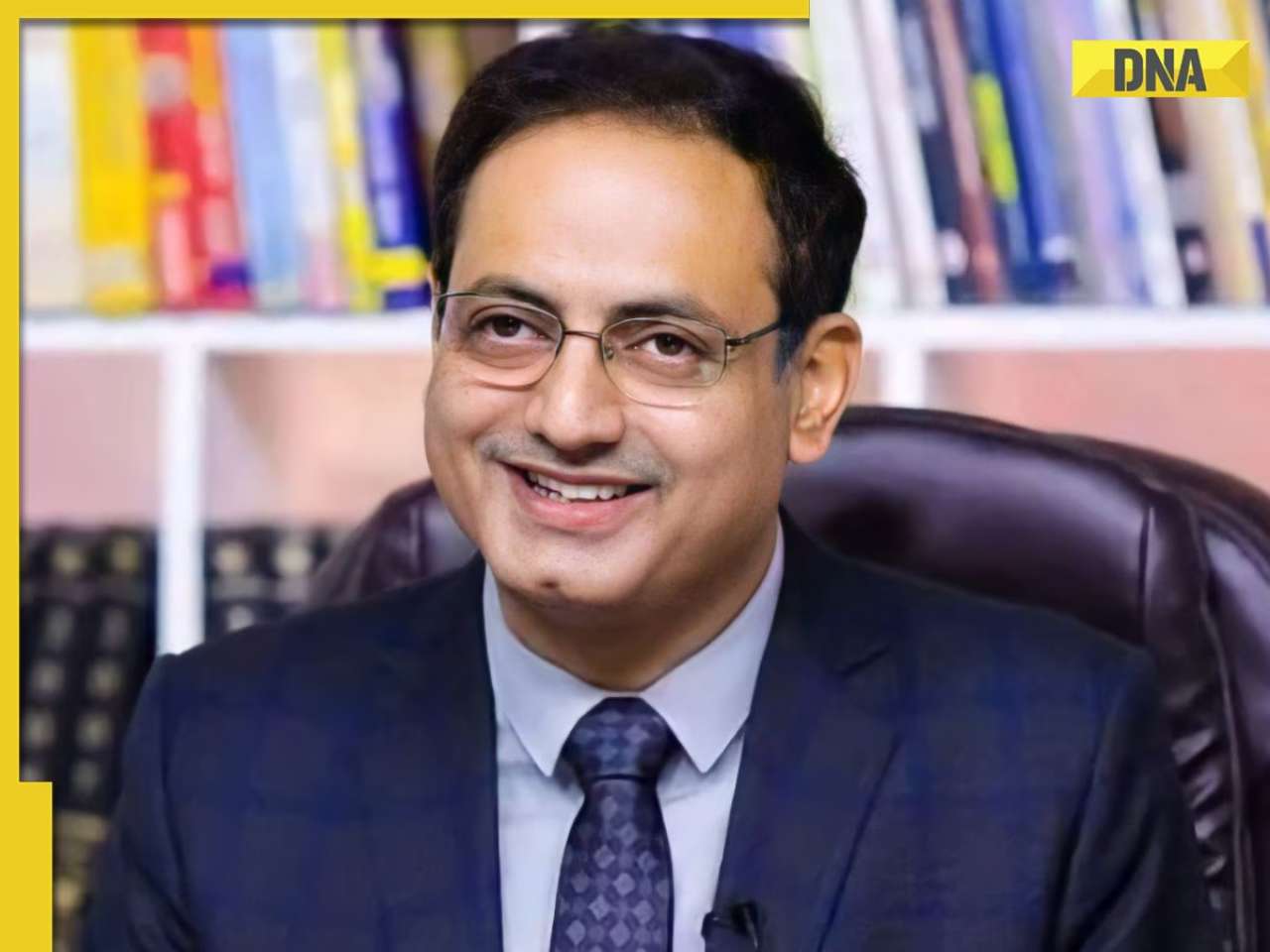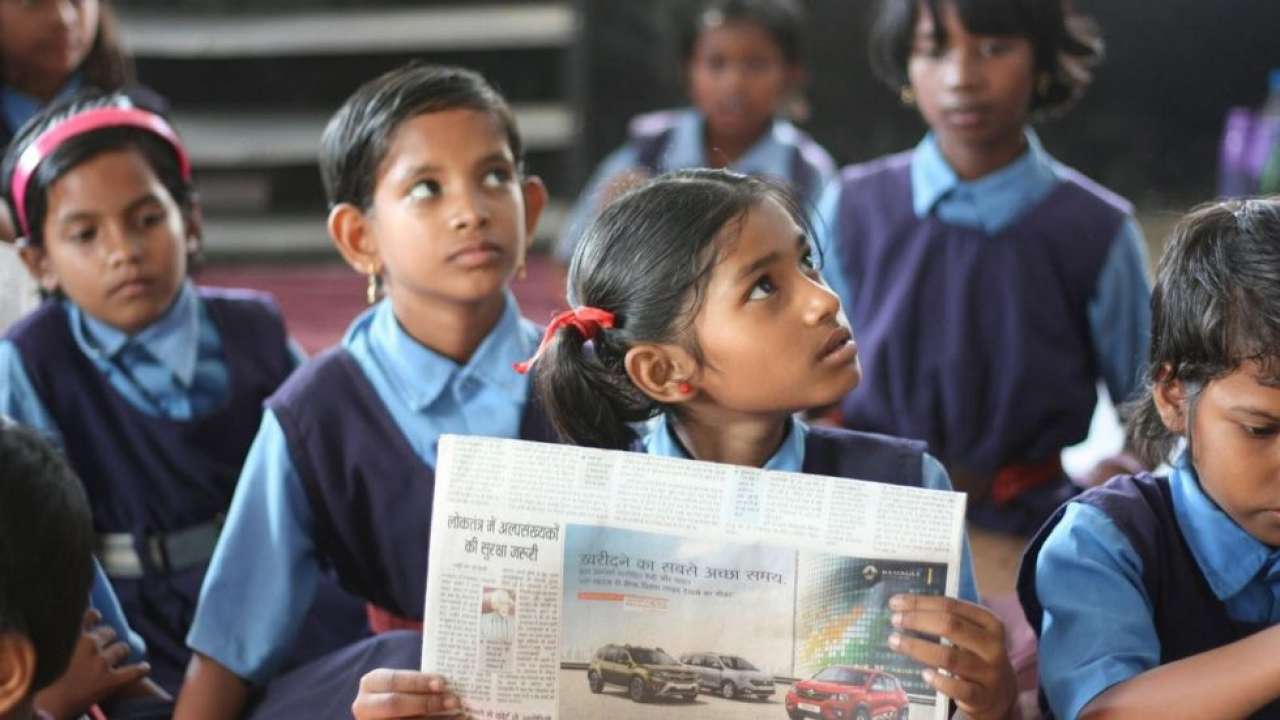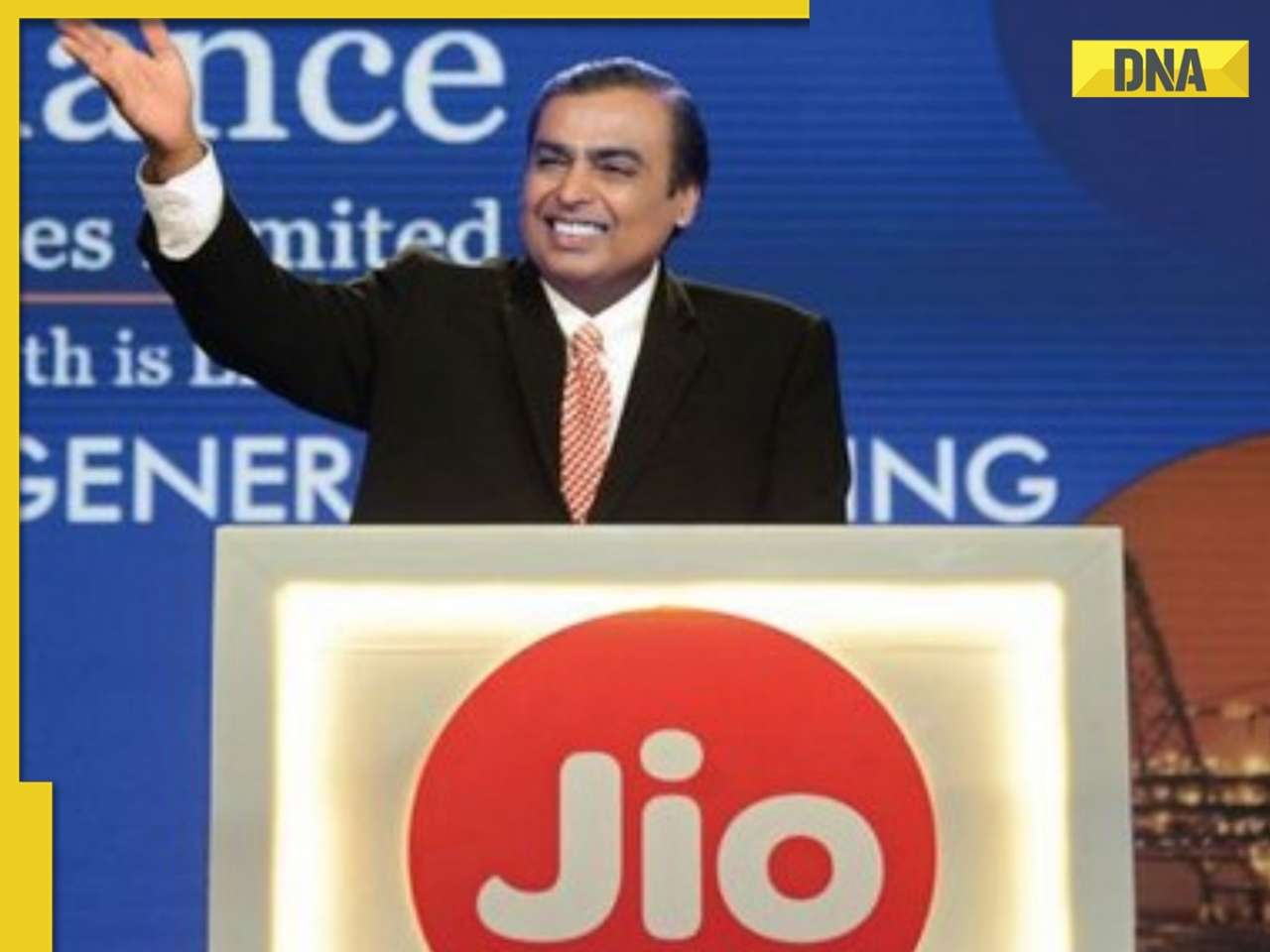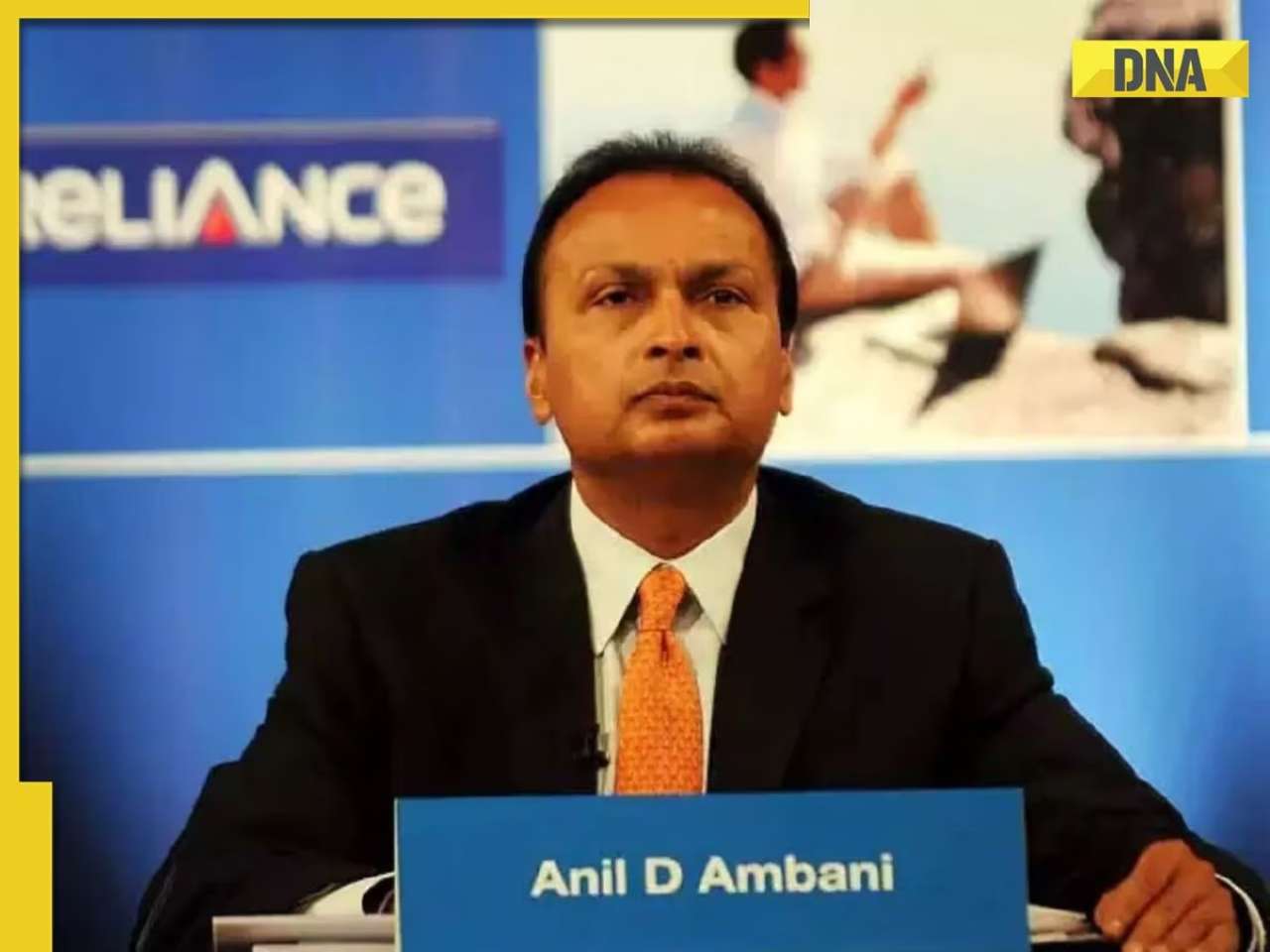- LATEST
- WEBSTORY
- TRENDING
ANALYSIS
How Goa is getting colonised, one mega-project at a time
A narrowly framed conception of ‘development’ is being used by the Goan government in collusion with corporates to push the people of Goa off their land.
TRENDING NOW
Goa is constantly framed as the holiday capital of India. However, there is a good amount of violence that underwrites this project of providing fun. The recent incidents in Tiracol, a village in the northern-most tip of the state, highlight this clearly. Sometime around the midnight of 14 May, residents of the village were awakened by the arrival of men and machinery hired by M/s Leading Hotels Pvt. Ltd., a five-star hotel company, who went on to bulldoze a large part of the orchard lands of the village as part of their plan to build a PGA standard golf course and resort. The villagers have been strongly opposing this project for the last several years, with the result that the project has now been virtually stayed by the courts. Leading Hotels’ response to this legal and popular opposition was to sneak their men and machinery in at the dead of night, protected by 50-odd bouncers.
Work was halted only when the vigilant villagers alerted the police. However, when local reporters reached the scene, the bouncers were still there. Diana Fernandes, a journalist writing for O Heraldo (16 May, 2015), reported that the area was still swarming with 20-odd musclemen the next day.
This instance of violent land grab is not confined to the village of Tiracol. In fact, as a result of the boom in mining, real estate and tourism industries in Goa, it has become a trend over the last couple of decades. In most cases, the chief victims are agricultural tenants who tilled the land belonging to landlords, and mundkars living on this land, with various obligations towards its upkeep. The problem of land-grab in Goa needs to be understood through the existing feudal land relations in Goa – the relation between the mundkars and agricultural tenants (henceforth tenants), and the bhatkar (landlord) – have been supplemented by the feudal-like powers of global capital that work in alliance with the feudal lords. Additionally, we also suggest that the existing sorry state of affairs that Goa finds itself in, due to excesses of ‘development’ in the real estate market and other industries that gobble huge chunks of land, can only be correctly understood and effectively addressed, if one approaches the issue from the perspective of the tenants and their experiences.
In Goa, land was traditionally appropriated and tightly controlled by the bhatkars. In addition to being a class, these bhatkars were also upper-caste. The caste equation is important as the bhatkars could be of any religious background, but were invariably from the upper-castes. Relief to the mundkars and tenants came in the form of the Goa Agricultural Tenancy Act, 1964 and the Goa Mundkar Act, 1975, but this relief was eventually thwarted by a new and developing economic system that no longer made it economically viable to cultivate land and made it seem more alluring to sell land to the highest bidder and share the spoils, albeit disproportionately between the bhatkar and the tenants.
But Tiracol was different. The bhatkarial rights were held by the Khalap family, said to be a branch of the Deshprabhu family who still are the bhatkars of most of Pernem taluka. The bhatkar here was an absentee one who had long broken contact with the village, to the extent of not collecting either mundkarial services or tenant revenues. This, coupled with the relative homogeneity of the tenant population – a small village of about 50 Catholic households living off cashew orchards, fishing and the production of urrack and feni, along with some rice farming and coconut plantations – made the village a relatively egalitarian and developing space where caste hierarchy was not strongly evident and where many were making the socio-economic shift from tenants to entrepreneurs and workers in the modern economy.
Hence it is not surprising that the proposed golf course project by M/s Leading Hotels, which first hit the news in 2007-08, was vehemently opposed by the St. Anthony Tenant and Mundkar Association (SATMA) of Tiracol. It is also interesting, though again not surprising, that the local spokesperson of Leading Hotels, Gerson Rebelo, viewed the company that he represents as a bhatkar saying, “The land belongs to us, we are…the bhatkars in the traditional sense, and whatever claims that are there on the land will be settled in the appropriate fora. We have every permission in place”. Goa’s tenancy law echoes this outlook where it is clear that if a land parcel, which includes mundkars and agricultural tenants, is sold, then the purchaser buys the land with the obligations to comply with the provisions of the mundkar and agricultural tenancy laws. Normally, the practice is that when a bhatkar sells that land, the purchaser simultaneously settles the claims of existing tenants, creating in this process an unencumbered right to the property. But what the law, as well as the Leading Hotels’ spokesperson, hides is the fact that the clout of the new bhatkar in the form of a big powerful corporate entity makes it possible for both money and muscle to be flexed to take over physical possession of the land.
It is pertinent to note here that M/s Leading Hotels is a subsidiary of Asian Hotels (North) Ltd. and according to the Director’s Report of the latter, the company holds 100% equity as well as preference capital in Fineline Hospitality Pvt. Ltd., Mauritius (FHCPL). For its part, FHCPL is a significant player in the global tourism economy and holds substantial equity stakes in many other companies worldwide, including in the company which has a substantial stake in Leading Hotels. One can clearly see the power and reach of global capital that comes to bear on, or invade if you like, Tiracol.
As has been pointed out, the bhatkar of the village of Tiracol was absent in the years subsequent to the integration of Goa into India, giving the tenants the space with which to craft a relatively egalitarian order and use the benefits of quasi-land ownership to become small-time agricultural entrepreneurs. But the bhatkar made a comeback, to make a killing off the land. He sold the rights to the land to M/s Leading Hotels in 2007. Since SATMA questioned the legality of the sale, because the existence of the tenants was not acknowledged and recognised, M/s Leading Hotels began to approach individual village households to buy them off; about 10 families agreed to sell at varying rates, from Rs 120 per square metre, then Rs 200, and finally Rs 500, showing how life-sustaining resources can be robbed from villagers for a pittance because of their ignorance. It also shows the complete failure of the Goan government to protect villagers, even while it boasts of its support to the farm economy – and thus its tacit support to the land-grab. ‘Tacit’, however, may be too obtuse a word, given the fact that newspaper reports of over a year ago claimed that the state government had actually planned this golf project under the Central Government’s ‘Large Revenue Generating Scheme’, in which a state subsidy of up to Rs 50 crore can be given!
Despite everything, however, the project was unable to take off for procedural and infrastructural reasons. But things seem to have changed with Narendra Modi’s rise to power at the Centre. The project obtained environmental clearance despite the earlier assurances by Environment Minister Alina Saldanha to the contrary. Although the villagers went to court against the clearance and with the Goa Foundation, obtained a stay on further felling of trees, M/s Leading Hotels apparently felt emboldened enough to try to terrorise their way into taking over the land and destroying the orchards there.
While the issue of Tiracol was thus on the boil, Goan newspapers also reported the opposition of villagers to a proposed Marina project in Sancoale, close to the port town of Vasco. The project proposal had been forwarded by the Investment Promotion and Facilitation Board to the panchayat of the village of Sancoale. The company intending to develop this marina is M/s Yacht Heaven (Pvt) Ltd, registered in the name of Umaji Vishwasrao Chowgule and Arjun Ashok Chowgule. The Chowgules, as is widely known in Goa, made their fortunes first-and-foremost through mining operations. The close links that many Goan real estate companies have with the mining industry is important to note, as this is how economic, political and social capital already in possession of such class and caste elites, get transformed within the real estate industry, thus pushing tenants out of their lands.
In this context, it was interesting to note the editorial in O Heraldo (19 May, 2015), which talked about the popular opposition to such mega projects, taking two of the most recent examples, the blatant goondaism at Tiracol and the Marina project at Sancoale, as cases in point. The editorial revealed how the Investment Promotion and Facilitation Board (IPFB), which has the current Chief Minister Laxmikant Parsekar as its chairman, would try to circumvent the locals as well as government bodies like the Pollution Control Board and the State Bio-Diversity Board. One of the members of the IPFB in a private conversation revealed to the editor of O Heraldo that since the “IP[F]B has given its approval, the project proponents can go to the pollution board and tell them to better give permission since the IP[F]B has the CM [Laxmikant Parsekar] as its chairman”. The editorial further notes that this “shows the mindset of a body made to clear projects at a rapid pace to meet the very ambitious investment target of the government”. What we can see here is how a narrowly framed conception of ‘development’ is being used by the Goan government in collusion with corporates (bhatkars of a different kind) to push the people of Goa off their land.
So, what we see is that, although the mundkar and agricultural population in Goa is not able to forge alliances with similar beleaguered communities across India and the world, more bhatkars – in the form of national and global capitalists – are getting added to the old ones in Goa. These national and multi-national corporations have allied themselves with the local Goan bhatkars and thus combine modern as well as traditional power to drive out the mundkars and the agricultural tenants from their ancestral homes and the lands that they have long tended.
This is the process by which Goa gets colonised, one mega-project at a time.
About the authors:
Jason Keith Fernandes is a post-doctoral scholar at the University Institute of Lisbon; Dale Menezes is an MPhil candidate at JNU; Albertina Almeida is a lawyer and activist; Amita Kanekar is an architectural historian and a novelist.







)
)
)
)
)
)
)
)
)
)
)
)
)
)
)
)






